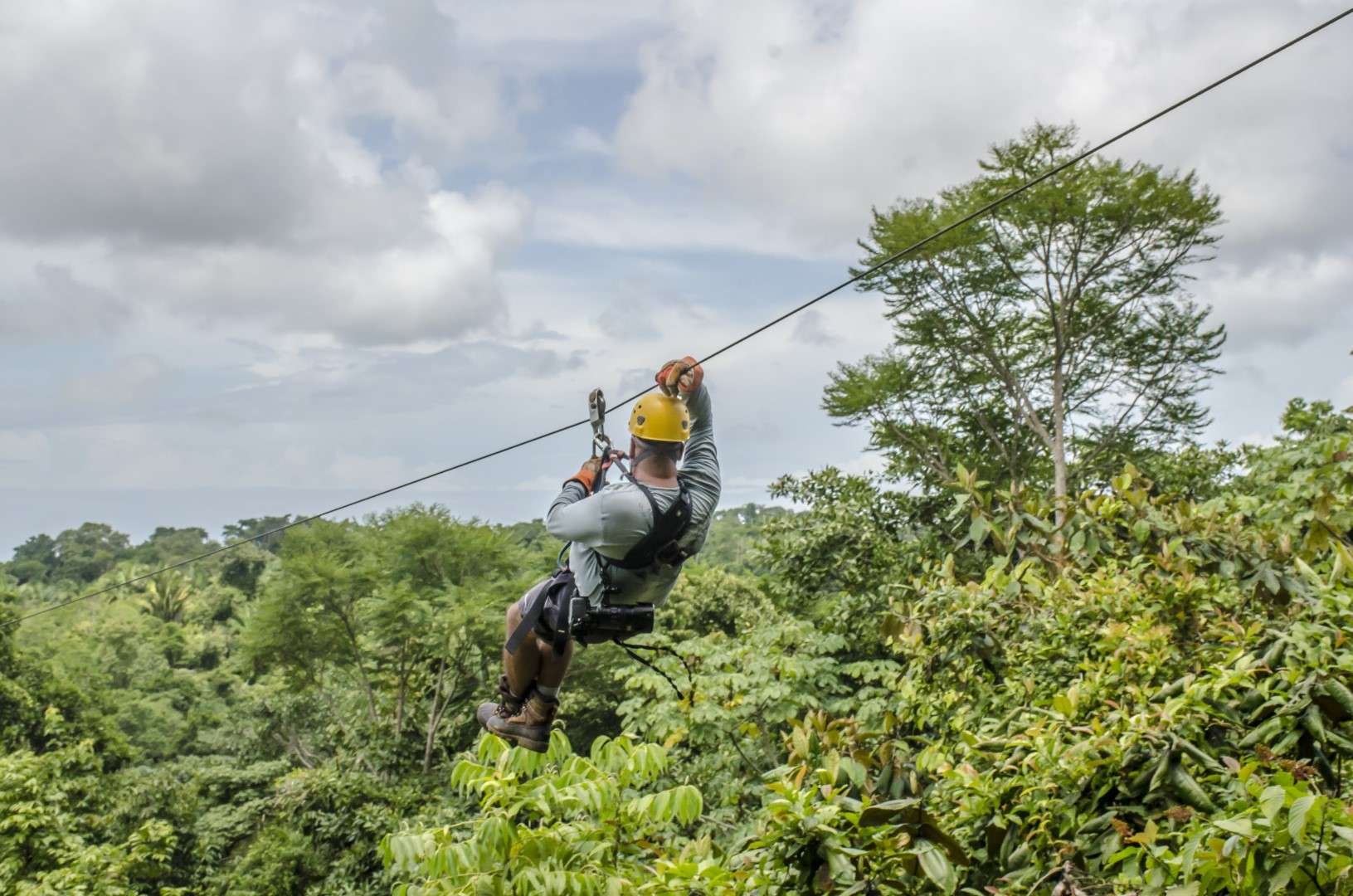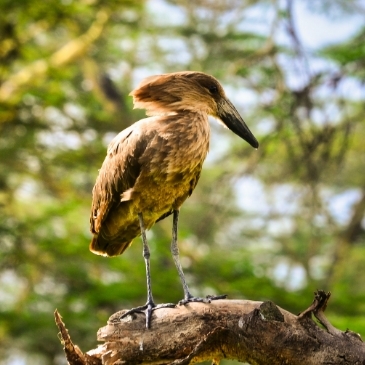▪ Kampala: Uganda’s bustling capital is a melting pot of cultures, offering vibrant markets, historical sites, and cultural centres to explore.
▪ Jinja: Known as the “Source of the Nile,” Jinja showcases traditional tribal customs and water-based activities on the Nile River.
▪ Fort Portal: Surrounded by stunning crater lakes and lush landscapes, Fort Portal provides insights into the Batoro and Bakonjo cultures.
▪ Kisoro: A gateway to Mgahinga Gorilla National Park, Kisoro introduces you to the Batwa Pygmies and their ancient forest-dwelling lifestyle.
▪ Karamoja Region: Experience the indigenous ways of the Karamojong people in north-eastern Uganda, known for their cattle-herding traditions.
▪ Local Guides: Engage local guides to enhance your cultural experience and foster understanding of
traditions and customs.
▪ Respectful Conduct: Be respectful when interacting with locals, asking permission before taking photos, and observing cultural norms.
▪ Health Precautions: Consult a travel health specialist and get vaccinated against diseases like yellow fever and typhoid before your trip.
▪ Currency and Payments: Carry both cash (Ugandan Shillings) and credit/debit cards, but keep in mind that cash is more widely accepted in rural areas.
▪ Language: English is widely spoken, but learning a few phrases in local languages like Luganda or
Runyakitara will be appreciated.
▪ Light Clothing: Pack breathable clothing suitable for warm weather, along with a sweater for cooler evenings.
▪ Sturdy Footwear: Comfortable walking shoes or hiking boots are essential for village visits and nature treks.
▪ Insect Repellent: Protect yourself from mosquitoes by carrying DEET-based insect repellent.
▪ Sun Protection: Bring sunscreen, sunglasses, and a wide-brimmed hat to shield yourself from the African sun.
▪ Water Bottle: Stay hydrated by carrying a reusable water bottle, and avoid single-use plastic to support eco- tourism.
Obtain a tourist visa before arriving in Uganda, available through their embassies or online portals. Check for any updates on visa regulations and entry requirements before you travel.
The ideal time for cultural tours in Uganda is during the dry seasons, from December to February and June to September. These months offer pleasant weather, fewer mosquitoes, and better road conditions for travel.
Embark on a cultural tour in Uganda, and you’ll gain a profound appreciation for the country’s cultural diversity and warm hospitality. As you venture through its enchanting landscapes and engage with local communities, your heart will be filled with unforgettable memories and a deeper understanding of Africa’s cultural tapestry.








